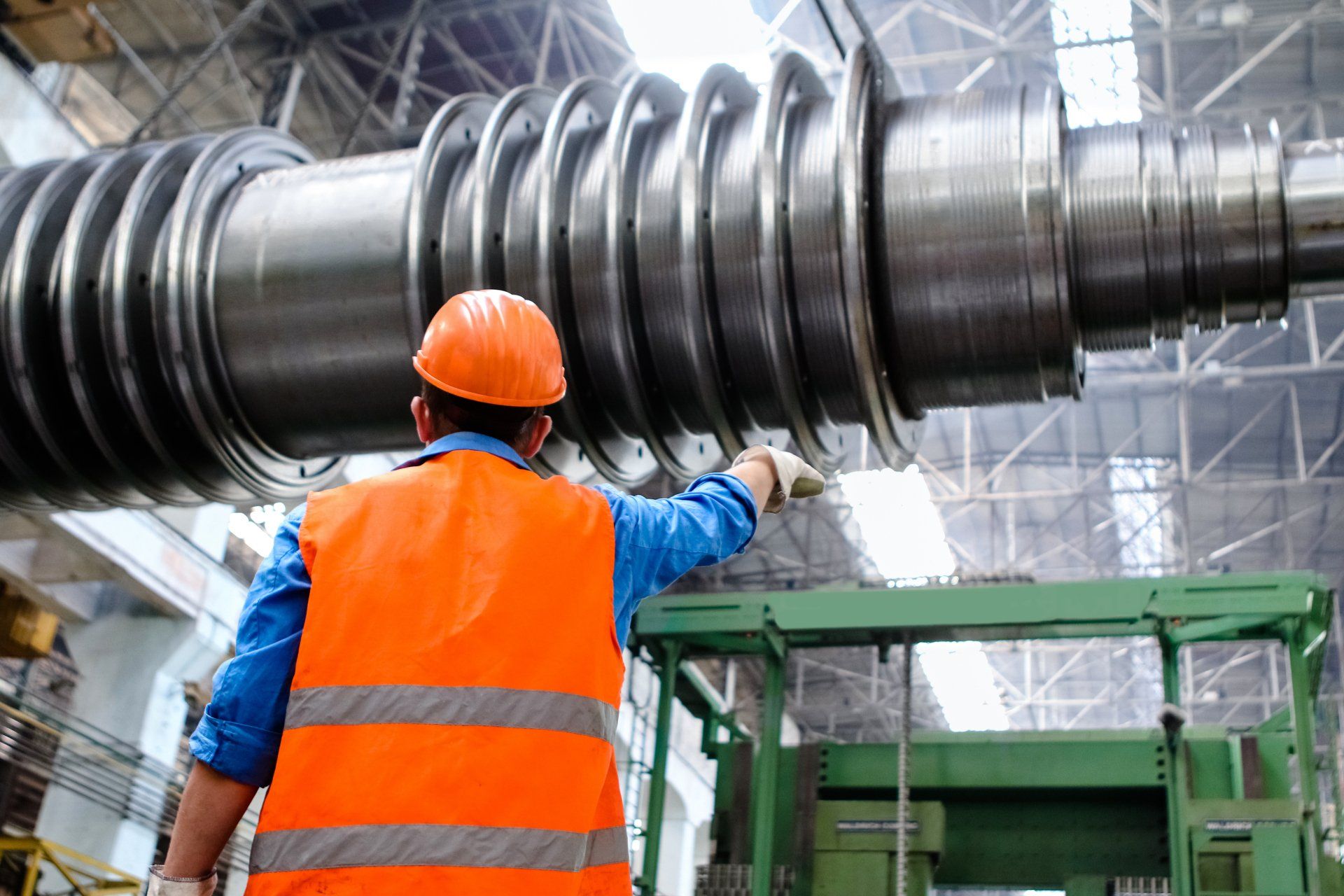Contact Us Today
Contact Us Today
Batts vs Rigid – What Is Better For Your Property
Insulation is a crucial component in any property, directly impacting energy efficiency and comfort. In the world of insulation, two popular options stand out: batts and rigid foam. Each type has its unique advantages and applications, making the choice between them significant for homeowners and builders alike.
Understanding Batts Insulation
Batts insulation, typically made of fiberglass or mineral wool, is one of the most common forms of insulation in residential properties. It comes in pre-cut panels that are easy to install between framing in walls and ceilings. Batts are known for their affordability and soundproofing abilities, making them a popular choice for standard insulation needs.
Exploring Rigid Foam Insulation
Rigid foam insulation includes materials like Expanded Polystyrene (EPS), Extruded Polystyrene (XPS), and Polyisocyanurate (PIR). These are used in a variety of applications, from basement walls to under-slab insulation. Rigid foam stands out for its high R-values, moisture resistance, and durability, offering excellent insulating properties in a compact form.
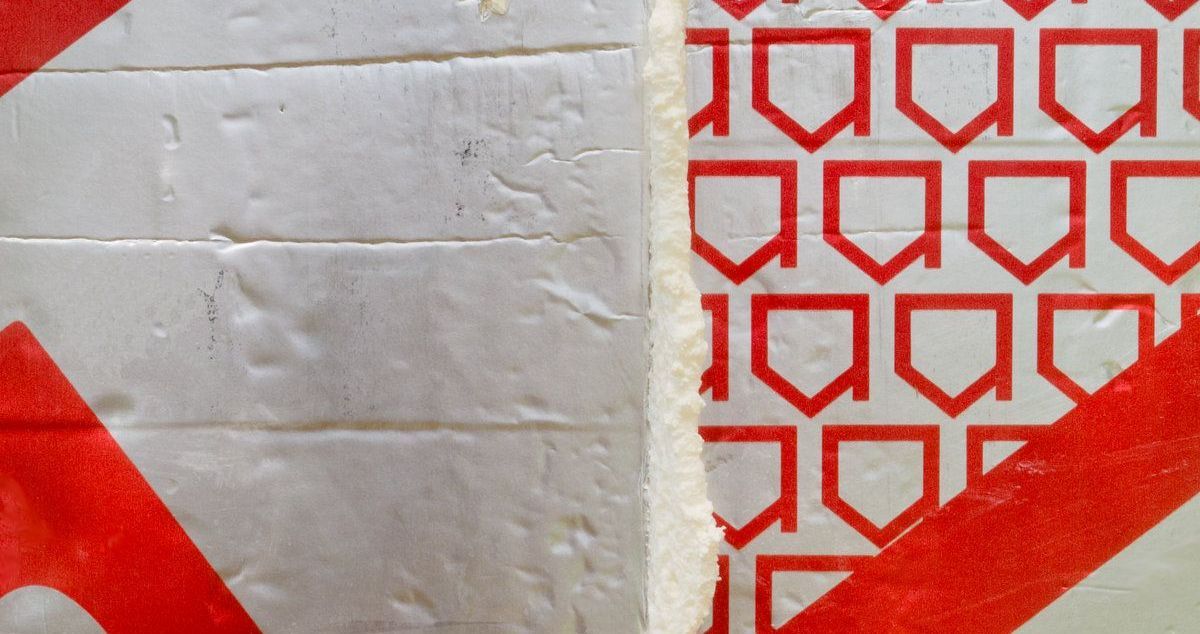
Comparing Thermal Performance
When assessing the thermal performance of insulation, the R-value is a key metric. It measures the material's ability to resist heat flow, with higher values indicating better insulation. Both batts and rigid foam insulation have distinct thermal performance characteristics that make them suitable for different scenarios.
- R-Value of Batts Insulation:
- Fiberglass and mineral wool batts typically have R-values ranging from R-2.9 to R-3.8 per inch. High-density versions can reach up to R-4.3 per inch.
- Batts insulation is ideal for standard wall cavities, attics, and other areas where a moderate R-value is sufficient and space is not a constraint. It's especially beneficial in regions with milder climates where extreme thermal resistance is not a necessity.
- R-Value of Rigid Foam Insulation:
- Rigid foam insulation, including EPS, XPS, and PIR, generally offers higher R-values per inch – EPS around R-3.6 to R-4, XPS around R-5, and PIR up to R-6 or more.
- The higher R-value of rigid foam makes it a better choice for areas requiring maximum insulation in minimal space, such as basement walls, under slabs, or in tight spots like crawl spaces. It's particularly advantageous in harsh climates with extreme temperatures, providing superior energy efficiency.
Situational Preferences:
- Space Constraints: In areas with limited space, rigid foam's higher R-value per inch allows for better insulation without sacrificing interior space, making it preferable over batts.
- Energy Efficiency Goals: For projects aiming at high energy efficiency, such as passive houses or buildings with strict energy codes, rigid foam's superior R-value provides the needed performance.
- Budget Considerations: If budget constraints are a primary concern, batts insulation offers a cost-effective solution with a satisfactory R-value for general insulation needs.
- Retrofitting: In retrofit projects, where adding insulation without significant structural changes is required, rigid foam’s slim profile and higher R-value can be particularly beneficial.
The choice between batts and rigid foam insulation for thermal performance should be guided by the specific requirements of the project. Batts insulation is a practical and budget-friendly option for standard insulation needs, while rigid foam is the go-to for situations demanding higher R-values and energy efficiency in confined spaces.
Installation and Ease of Use
Batts insulation is often favored for its ease of DIY installation, fitting snugly between studs and joists. Rigid foam, while also DIY-friendly, may require more precise cutting and fitting, especially around obstacles. In certain scenarios, professional installation is recommended to ensure maximum efficiency.
Durability and Longevity
While both insulation types are durable, rigid foam often has the edge due to its moisture resistance and lower susceptibility to mold and mildew. Batts, if exposed to moisture, can lose insulating effectiveness and may require replacement.
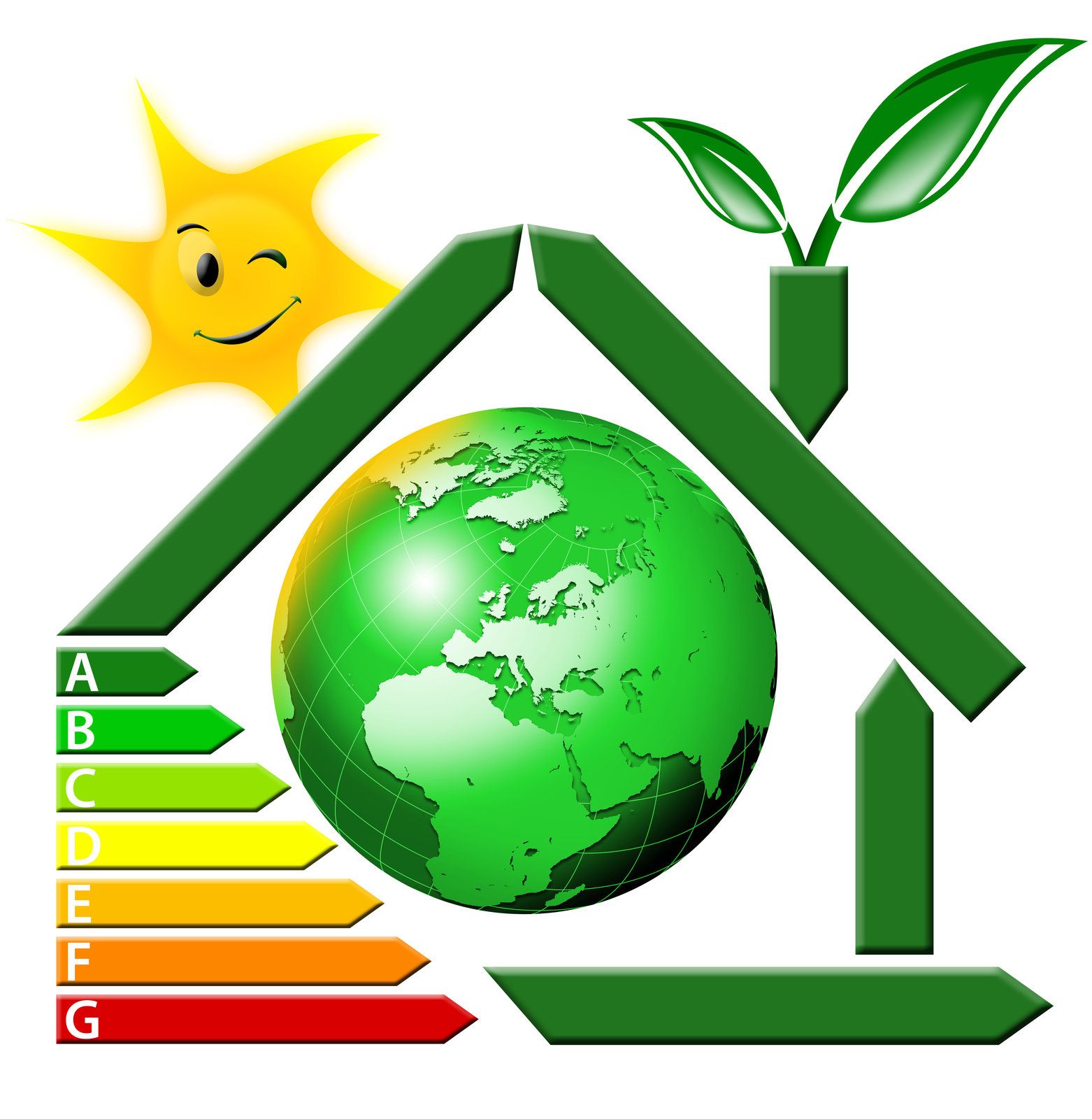
Environmental Considerations and Suitability for Different Property Types
The choice between batts and rigid foam insulation not only impacts the thermal efficiency of a property but also has environmental implications and varies in suitability depending on the type of property and its specific needs.
Environmental Impact:
- Fiberglass Batts: Often containing a significant amount of recycled glass, fiberglass batts are considered a more eco-friendly option. The manufacturing process of fiberglass insulation generally has a lower environmental impact compared to certain types of rigid foam. However, its lower R-value per inch means potentially thicker layers are needed for high-efficiency buildings, which could offset some environmental benefits.
- Rigid Foam Insulation: Although the production of rigid foam insulation, particularly certain types like XPS and PIR, can be more resource-intensive and less eco-friendly, its higher R-value contributes to better energy efficiency over the lifespan of the building. This improved thermal performance can lead to reduced energy consumption for heating and cooling, which is a significant environmental consideration, especially in regions with extreme weather conditions.
Suitability for Property Types:
- Residential Properties: In standard residential constructions, fiberglass batts are often preferred due to their cost-effectiveness and adequacy for typical insulation needs. They are well-suited for areas like attics and walls where space isn’t at a premium. However, for energy-efficient homes or houses in extremely cold or hot climates, rigid foam's higher R-value and moisture resistance can provide better performance.
- Commercial Buildings: In commercial constructions, particularly those with specific energy targets or where space utilization is critical, rigid foam insulation is often the better choice. Its high R-value in a thinner profile allows for effective insulation without sacrificing usable space, crucial in commercial settings.
- Specialized Projects: For projects like basement insulation, under-slab insulation, or retrofitting older buildings, rigid foam is typically preferred due to its moisture resistance and higher insulating properties. It's also ideal in climates with severe weather conditions, offering better protection against extreme temperatures.
In choosing between batts and rigid foam insulation, environmental considerations and the specific requirements of the property type play crucial roles. While fiberglass batts offer an eco-friendlier option with satisfactory insulation for standard residential needs, rigid foam stands out in scenarios demanding higher energy efficiency, moisture resistance, and space-saving solutions, especially in commercial settings and specialized projects. Balancing these factors is key to selecting the most appropriate and sustainable insulation option for your property.
Expert Guidance for the Perfect Insulation Solution
The decision between batts and rigid foam insulation for your property hinges on a balance of factors: thermal performance, environmental impact, budget, and specific property needs. Batts insulation, being cost-effective and eco-friendly, is a practical choice for standard residential projects. On the other hand, rigid foam, with its superior R-value and moisture resistance, is ideal for commercial buildings, energy-efficient homes, and in environments with extreme weather conditions.
Ultimately, the "best" insulation depends on the unique requirements of your property and your specific insulation goals. Whether it's achieving high energy efficiency, adhering to a budget, or fitting insulation into limited spaces, each type of insulation has its distinct advantages.
Looking for expert advice on the right insulation for your property? ProTech Insulation is here to help. Our team of insulation experts can provide you with tailored recommendations based on your property’s needs. We offer comprehensive insulation solutions that cater to both residential and commercial properties, ensuring that your space is not just insulated, but optimized for comfort, efficiency, and safety.
Don’t compromise on your property's insulation. Contact ProTech Insulation today to ensure that your insulation choice is the perfect fit for your needs and expectations. Let us guide you towards an insulated space that is as efficient and comfortable as it is environmentally conscious.
Ready to work with ProTech Insulation?
Let's connect! We’re here to help.
Send us a message and we’ll be in touch.
Or give us a call today at 111-222-3333
Agency Contact Form
We will get back to you as soon as possible
Please try again later
More Marketing Tips, Tricks & Tools
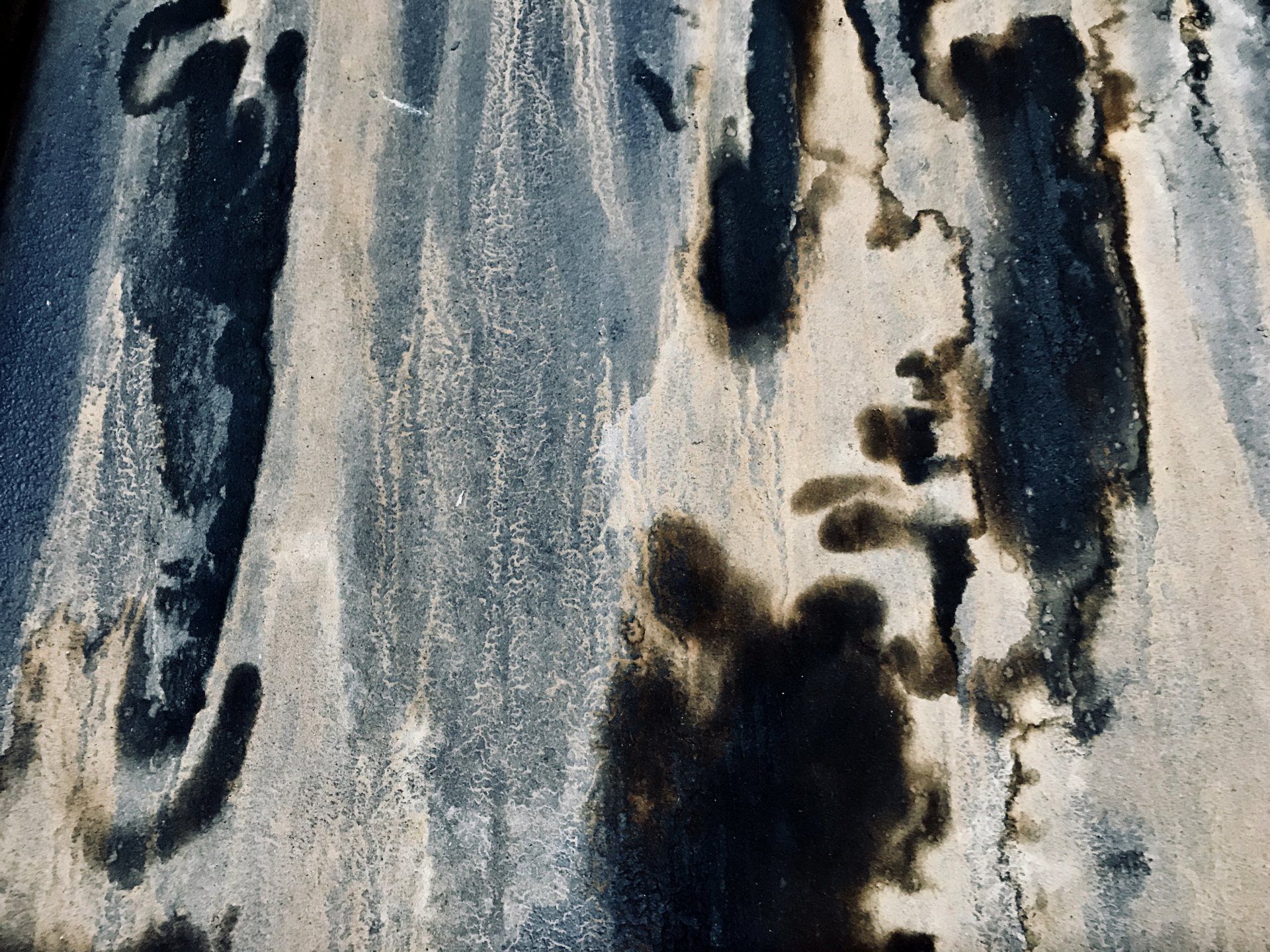
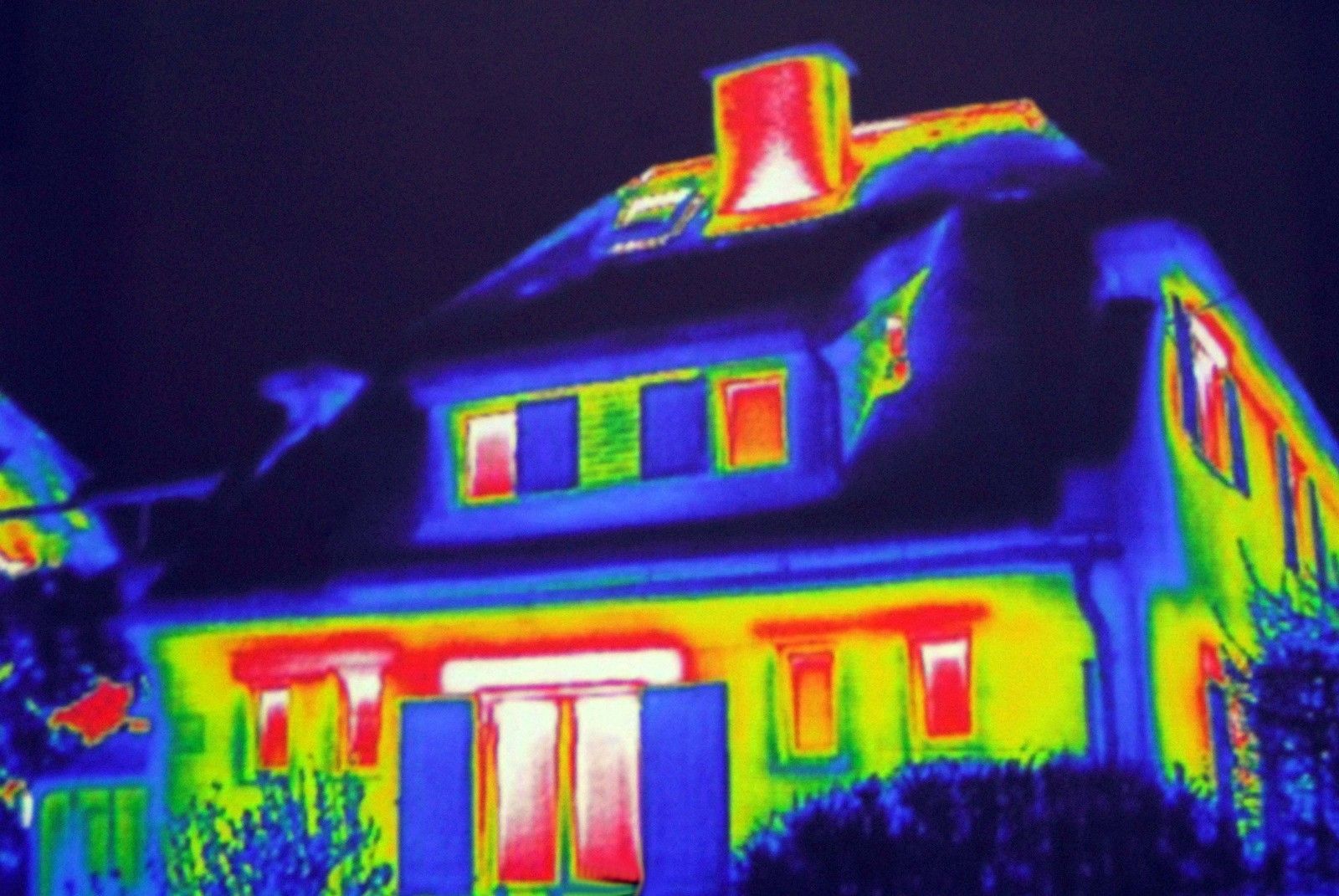

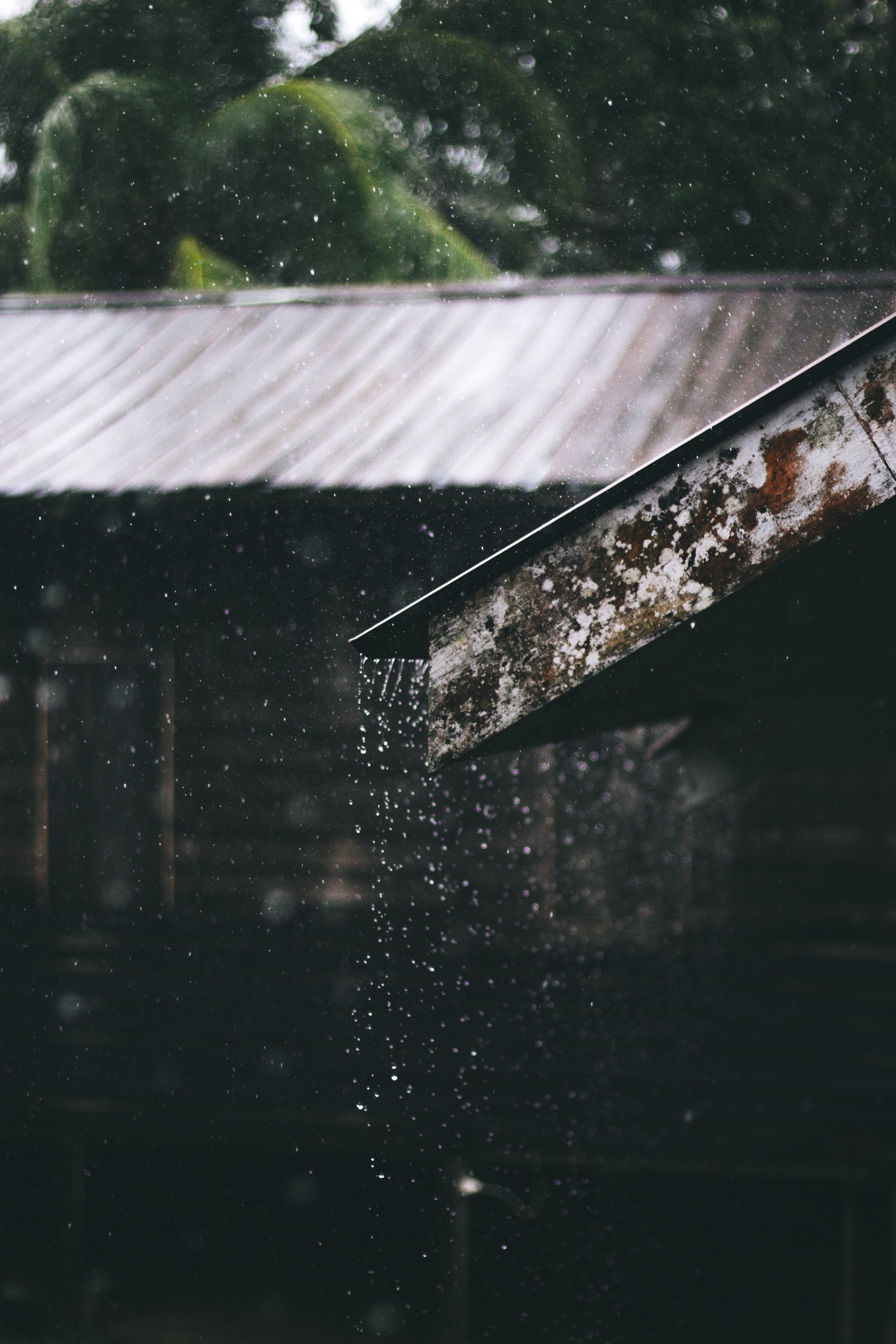
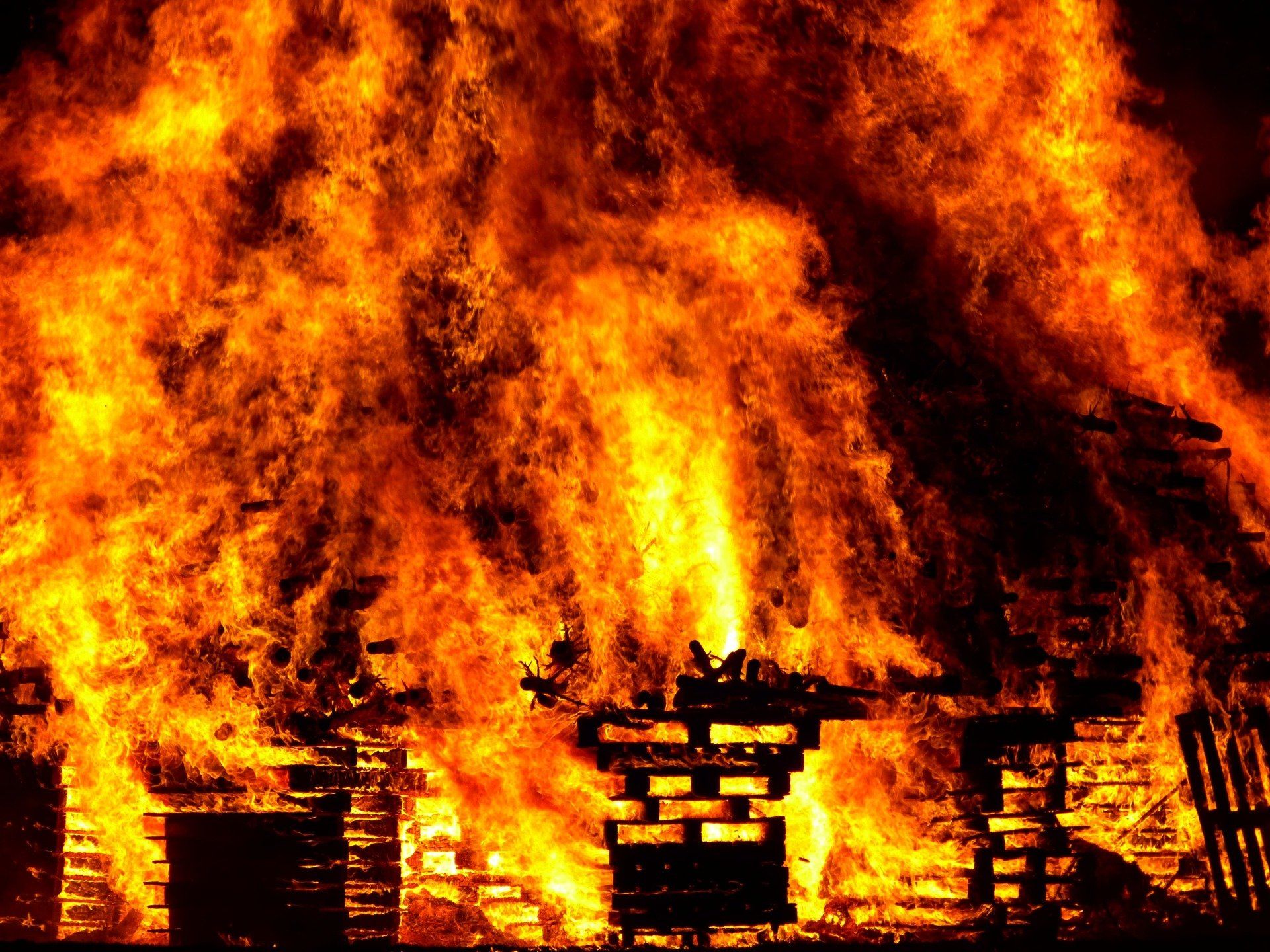

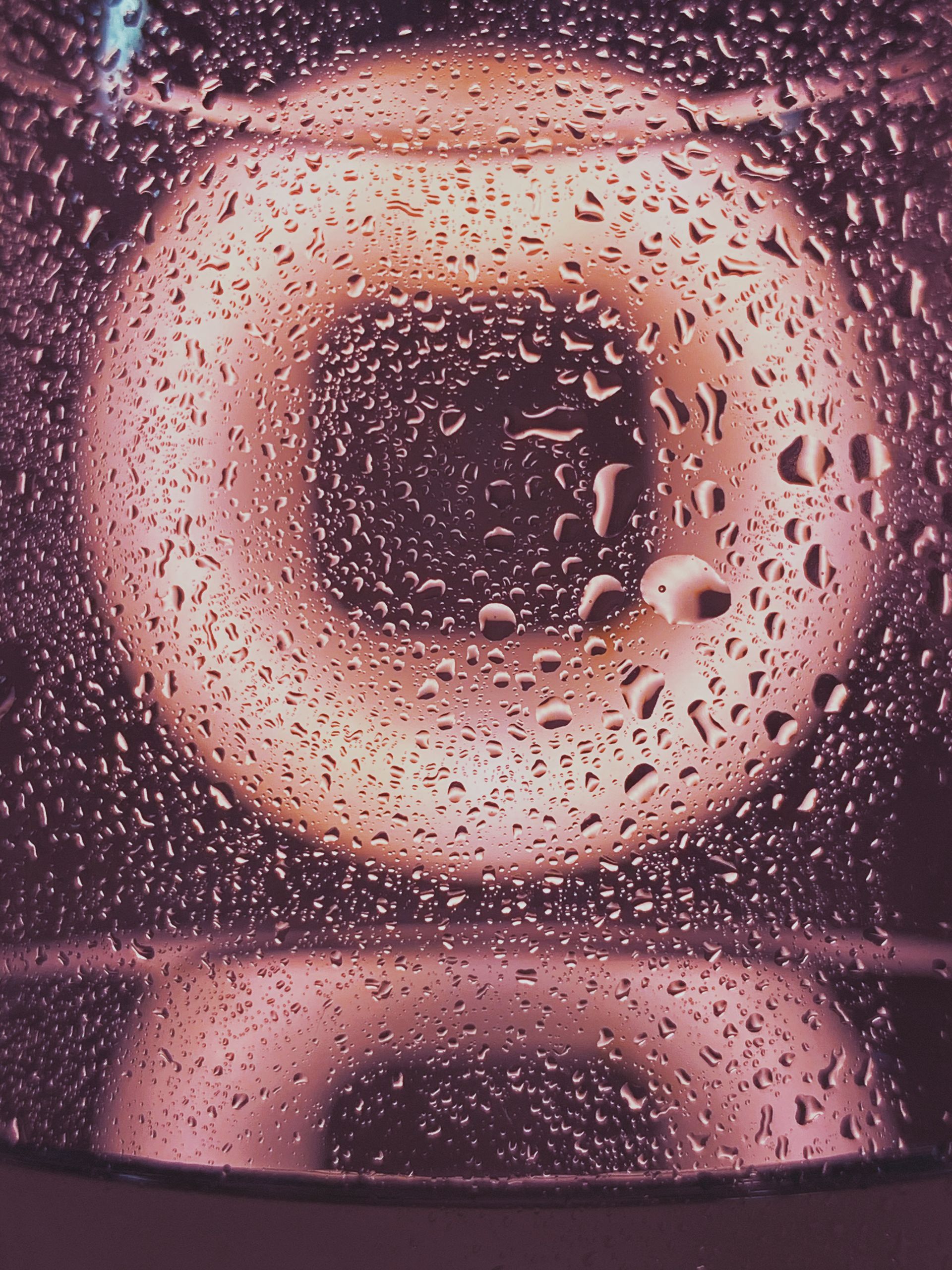

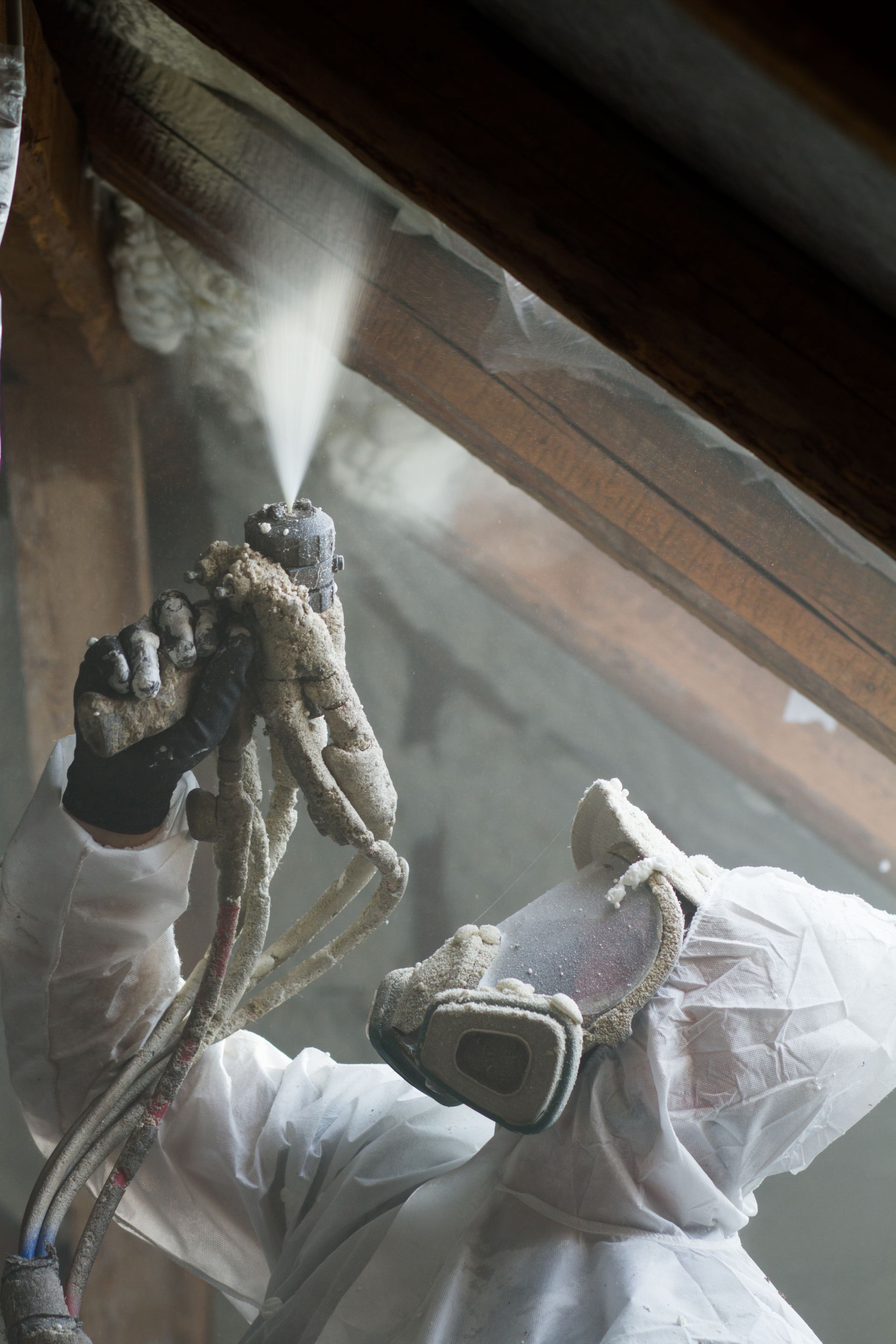
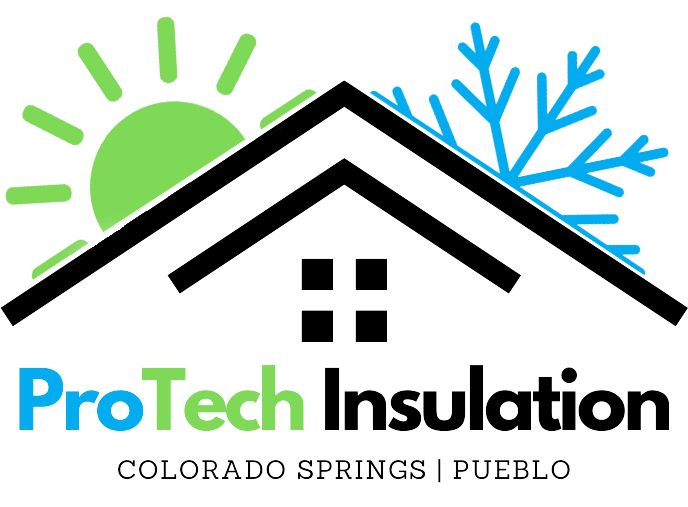
All Rights Reserved | ProTech Insulation
All Calls Sent To A Qualified Contractor

